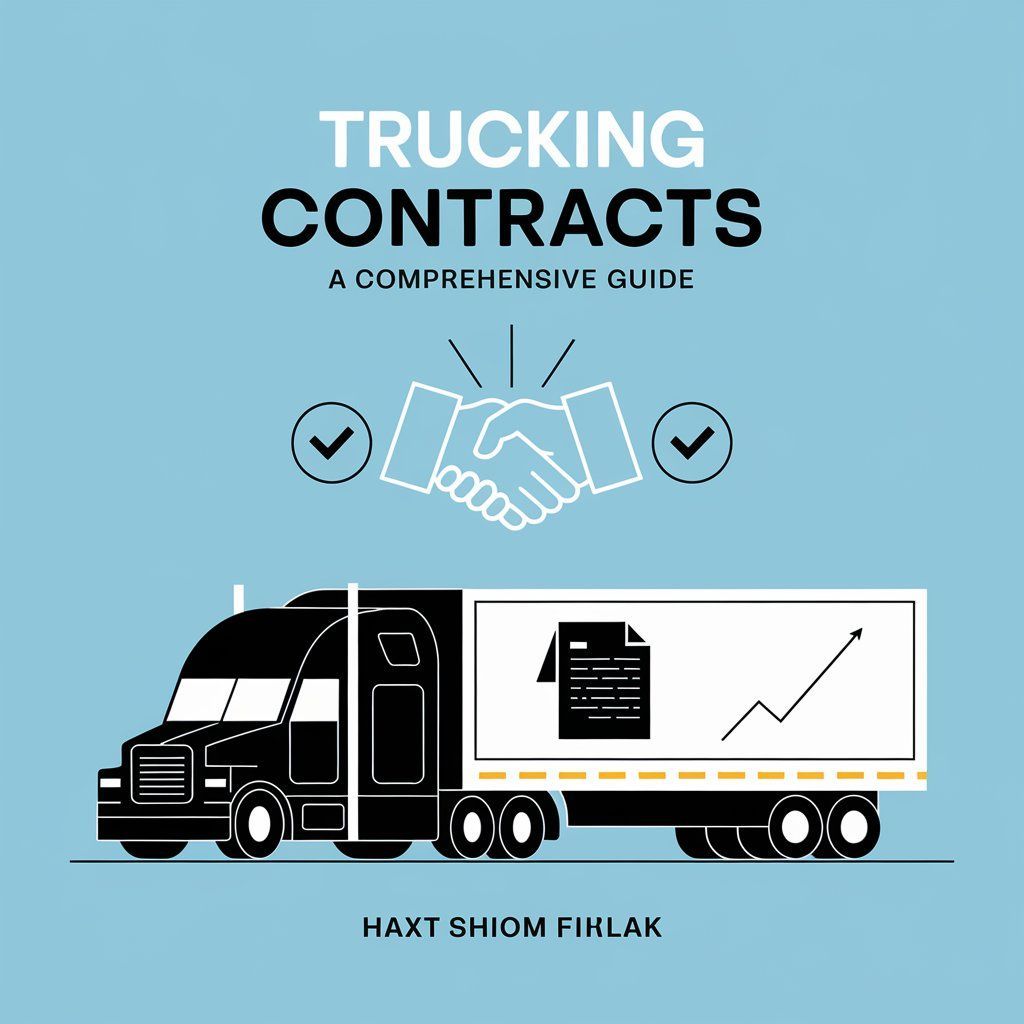How do I find a Truck Dispatcher for My trucking Company
7 Essential Considerations to find the right Dispatching Service for your Trucking Company
In the intricate web of logistics, a dependable truck dispatcher can be the linchpin that keeps your operations running smoothly. Whether you're a seasoned carrier or a budding owner-operator, finding the right dispatcher is crucial for optimizing your fleet's efficiency and profitability. But with so many options available, how do you know which dispatcher is the right fit for your business? Here are seven key considerations to keep in mind during your search:
Experience: The Cornerstone of Reliability
Experience isn't just a buzzword—it's a fundamental factor when evaluating potential truck dispatchers. Look for dispatchers who have a proven track record and a wealth of industry experience. Seasoned dispatchers bring a depth of knowledge and expertise that can help navigate challenges and optimize routes efficiently.
Track Record: A Testament to Success
Actions speak louder than words, and a dispatcher's track record speaks volumes about their capabilities. Research their past performance and success rates. Pay particular attention to their ability to consistently meet deadlines, minimize downtime, and foster strong relationships with carriers and shippers.
Compatibility: Are You a Good Match?
While experience and track record are important, compatibility is equally crucial. Consider whether the trucking companies they serve are similar to yours in terms of size, specialization, and operational needs. A dispatcher who understands the unique challenges and nuances of your industry will be better equipped to provide tailored solutions that align with your goals.
Service Offerings: What's in the Package?
Before committing to a dispatcher, clarify what services are included in their offering. Beyond basic dispatching duties, such as load assignment and route optimization, inquire about additional value-added services they provide. These may include back-office support, load tracking, and customer service—all of which can contribute to a more streamlined and efficient operation.
Communication: The Lifeline of Logistics
Effective communication is the backbone of any successful partnership. Evaluate the dispatcher's communication style and responsiveness. A dispatcher who keeps you informed and updated in real-time can help prevent misunderstandings, anticipate potential issues, and ensure seamless coordination between all parties involved.
Technology: Harnessing the Power of Innovation
In today's digital age, technology plays a pivotal role in logistics management. Investigate the dispatcher's use of technology and software platforms. Look for dispatchers who leverage cutting-edge tools for load tracking, route optimization, and performance analytics. By harnessing the power of innovation, you can stay ahead of the curve and gain a competitive edge in the market.
Reputation: The Seal of Approval
Last but not least, consider the dispatcher's reputation within the industry. Seek out testimonials and reviews from satisfied clients to gauge their credibility and reliability. A dispatcher with a sterling reputation is more likely to deliver on their promises and provide exceptional service that exceeds your expectations.
In conclusion, finding the right truck dispatcher is a critical step in optimizing your fleet's performance and maximizing your bottom line. By carefully considering these seven key factors—experience, track record, compatibility, service offerings, communication, technology, and reputation—you can make an informed decision that sets your business up for success.
At Atlas Factoring, we understand the importance of seamless logistics management in the transportation industry. That's why we offer flexible factoring solutions tailored to the needs of trucking companies and owner-operators. With quick approvals, competitive rates, and personalized service, we're here to help you succeed. Don't let cash flow constraints hold you back—apply for factoring services with Atlas Factoring today and unlock your business's full potential.








VISIT US
HOURS
Monday - Friday
8:00am - 5:00pm MST
Closed All Major Holidays
We provide working capital to businesses in all 50 states.



Share On: